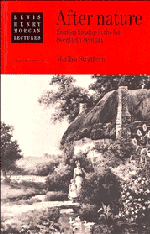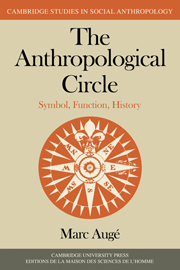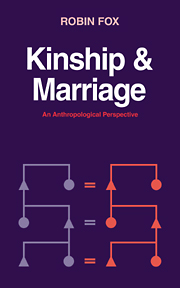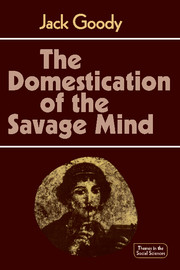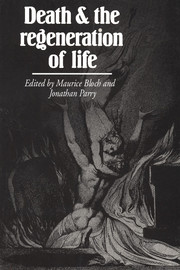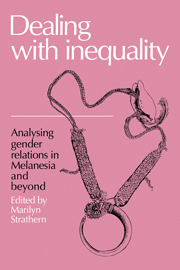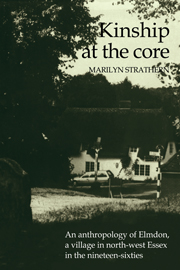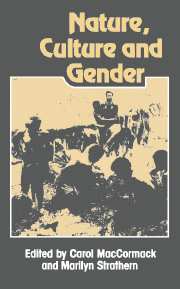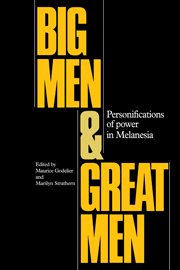After Nature
Central as kinship has been to the development of British social anthropology, this is the first attempt by an anthropologist to situate ideas about English kinship in a cultural context. Based on the Morgan lectures given at the University of Rochester in 1989, After Nature challenges the traditional separation of western kinship studies from the study of society. Marilyn Strathern looks back at mid-century writings on kinship, both within anthropology and outside, and demonstrates continuities between middle-class folk models of kinship and anthropological kinship theory. She also shows how conceptualisations of change have enabled that past world to produce the present one. The values placed upon individual choice, as well as the vanishing of 'society' as a self-evident point of reference, are part of an evolving cultural explicitness about kinship and the naturalness of connections between persons. After Nature is a timely reflection at a moment when advances in reproductive technology raise questions about the natural basis of kinship relations.
- Well-known feminist anthropologist
Reviews & endorsements
"...a circuitous and often insightful examination of Englih middle-class culture, as wel as an extended commentary on anthropology and its approach to the study of kinship." Choice
"It is impossible to do justice to all the themes, reflections and methodological suggestions discussed by Strathern....her social critique, her commitment to environmental issues, and, above all, her readiness to tackle all-encompassing and provocative themes, makes her book very stimulating reading." Times Literary Supplement
Product details
March 1992Paperback
9780521426800
260 pages
228 × 150 × 18 mm
0.435kg
11 b/w illus.
Available
Table of Contents
- Acknowledgements
- Preface: making explicit
- 1. Individuality and diversity
- 2. Analogies for a plural culture
- 3. The progress of polite society
- 4. Greenhouse effect
- Recapitulation: nostalgia from a postplural world
- Footnotes
- References.

